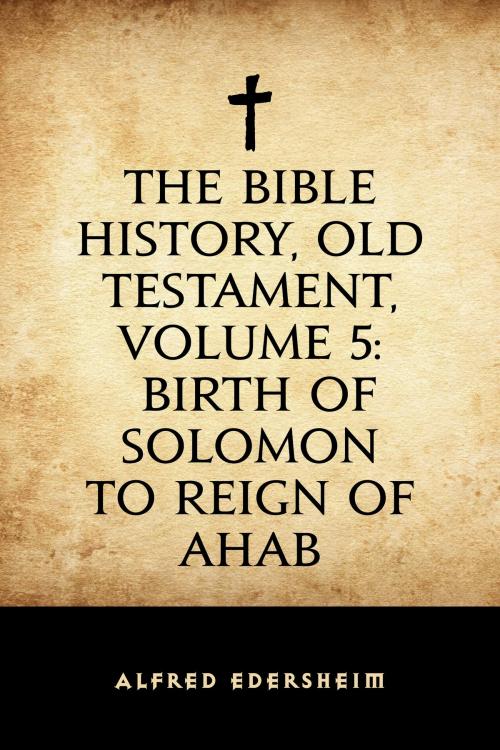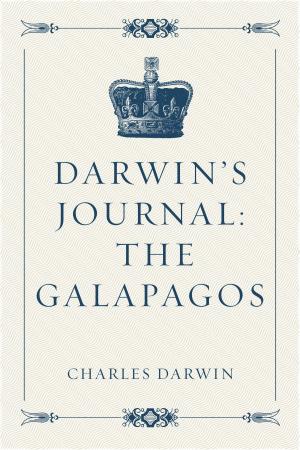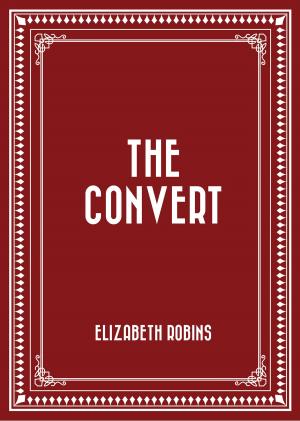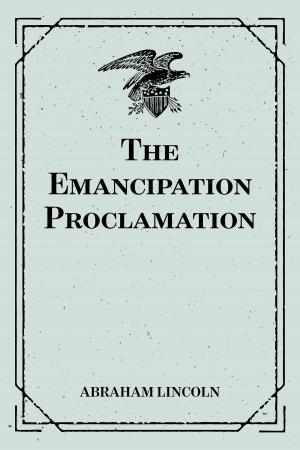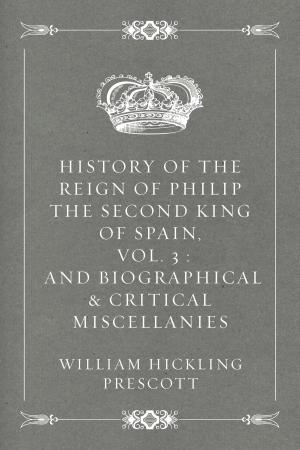The Bible History, Old Testament, Volume 5: Birth of Solomon to Reign of Ahab
Nonfiction, Religion & Spirituality, Christianity, Church, Church History, Bible & Bible Studies| Author: | Alfred Edersheim | ISBN: | 9781531202576 |
| Publisher: | Krill Press | Publication: | February 13, 2016 |
| Imprint: | Krill Press | Language: | English |
| Author: | Alfred Edersheim |
| ISBN: | 9781531202576 |
| Publisher: | Krill Press |
| Publication: | February 13, 2016 |
| Imprint: | Krill Press |
| Language: | English |
Alfred Edersheim was a Jewish convert to Christianity who wrote a massive multi-volume tome on the history of the Bible.
From the preface:
"THE history of Israel, viewed as the Theocracy, or Kingdom of God, consists of three periods:
First, that under the guidance of Prophets (from Moses to Samuel); Secondly, that under the rule of Kings (from Saul to the Babylonish Captivity); and, Thirdly, that under the reign of High-Priests (from Ezra to the birth of Jesus Christ).
Thus the Theocracy had passed through its full typical development in all its stages, when He came, to Whom they all pointed: Jesus Christ, the Prophet, King, and High-priest of the Kingdom of God. The period described in the present volume closes one of these stages, and commences another. The connecting link between them was Samuel - who alone fully realized the mission of the Judges, and who was also Divinely appointed to inaugurate the new institution of royalty in Israel. That royalty next appeared in its twofold possibility - or, as we might express it, in its negative and positive aspects. Saul embodied the royal ideal of the people, while David represented the Scriptural ideal of royalty in its conscious subjection to the will of the Heavenly King. Saul was, so to speak, the king after Israel's, David after God's own heart. But with the actual introduction of monarchy the first period had come to an end, and a new era begun, which was intended to continue till the third and last preliminary stage was reached, which prepared the way for the Advent of Him, Who was the fulfillment of the typical meaning of all.
From what has been said it will be inferred that the period about to be described must have witnessed the birth of new ideas, and the manifestation of new spiritual facts; otherwise spiritual advancement would not have kept pace with outward progress. But it is in the rhythm of these two that the real meaning of Scripture history lies, marking, as it does, the pari passu inner and outer development of the kingdom of God. On the other hand, the appearance of new ideas and spiritual facts would necessarily bring out in sharper contrast the old that was passing away, and even lead to occasional antagonism. Of course, these new ideas and facts would not at first be fully understood or realized. They rather pointed towards a goal which was to be reached in the course of history. For nothing could be more fatal to the proper understanding of Holy Scripture, or of the purposes of God in His dealings with His ancient people, than to transport into olden times the full spiritual privileges, the knowledge of Divine truth, or even that of right and duty, which we now enjoy. It is not to do honor, but dishonor, to the Spirit of God to overlook the educational process of gradual development, which is not only a necessity of our nature, but explains our history. A miracle of might could, indeed, have placed the age of Samuel on the same spiritual level with that of the New Testament, at least so far as regards the communication of the same measure of truth. But such an exhibition of power would have eliminated the moral element in the educational progress of Israel, with the discipline of wisdom, mercy, and truth which it implied, and, indeed, have rendered the whole Old Testament history needless."** **
Alfred Edersheim was a Jewish convert to Christianity who wrote a massive multi-volume tome on the history of the Bible.
From the preface:
"THE history of Israel, viewed as the Theocracy, or Kingdom of God, consists of three periods:
First, that under the guidance of Prophets (from Moses to Samuel); Secondly, that under the rule of Kings (from Saul to the Babylonish Captivity); and, Thirdly, that under the reign of High-Priests (from Ezra to the birth of Jesus Christ).
Thus the Theocracy had passed through its full typical development in all its stages, when He came, to Whom they all pointed: Jesus Christ, the Prophet, King, and High-priest of the Kingdom of God. The period described in the present volume closes one of these stages, and commences another. The connecting link between them was Samuel - who alone fully realized the mission of the Judges, and who was also Divinely appointed to inaugurate the new institution of royalty in Israel. That royalty next appeared in its twofold possibility - or, as we might express it, in its negative and positive aspects. Saul embodied the royal ideal of the people, while David represented the Scriptural ideal of royalty in its conscious subjection to the will of the Heavenly King. Saul was, so to speak, the king after Israel's, David after God's own heart. But with the actual introduction of monarchy the first period had come to an end, and a new era begun, which was intended to continue till the third and last preliminary stage was reached, which prepared the way for the Advent of Him, Who was the fulfillment of the typical meaning of all.
From what has been said it will be inferred that the period about to be described must have witnessed the birth of new ideas, and the manifestation of new spiritual facts; otherwise spiritual advancement would not have kept pace with outward progress. But it is in the rhythm of these two that the real meaning of Scripture history lies, marking, as it does, the pari passu inner and outer development of the kingdom of God. On the other hand, the appearance of new ideas and spiritual facts would necessarily bring out in sharper contrast the old that was passing away, and even lead to occasional antagonism. Of course, these new ideas and facts would not at first be fully understood or realized. They rather pointed towards a goal which was to be reached in the course of history. For nothing could be more fatal to the proper understanding of Holy Scripture, or of the purposes of God in His dealings with His ancient people, than to transport into olden times the full spiritual privileges, the knowledge of Divine truth, or even that of right and duty, which we now enjoy. It is not to do honor, but dishonor, to the Spirit of God to overlook the educational process of gradual development, which is not only a necessity of our nature, but explains our history. A miracle of might could, indeed, have placed the age of Samuel on the same spiritual level with that of the New Testament, at least so far as regards the communication of the same measure of truth. But such an exhibition of power would have eliminated the moral element in the educational progress of Israel, with the discipline of wisdom, mercy, and truth which it implied, and, indeed, have rendered the whole Old Testament history needless."** **
